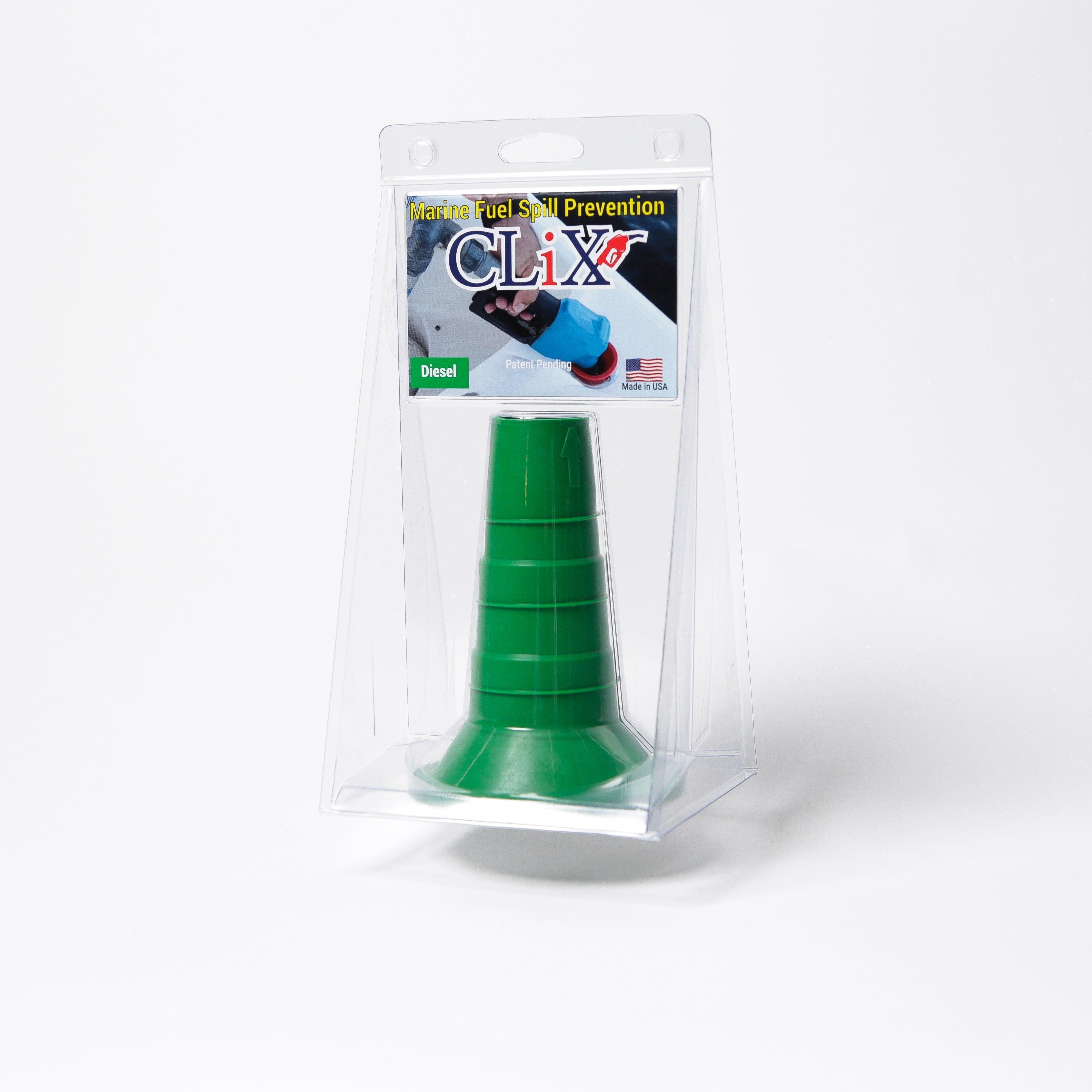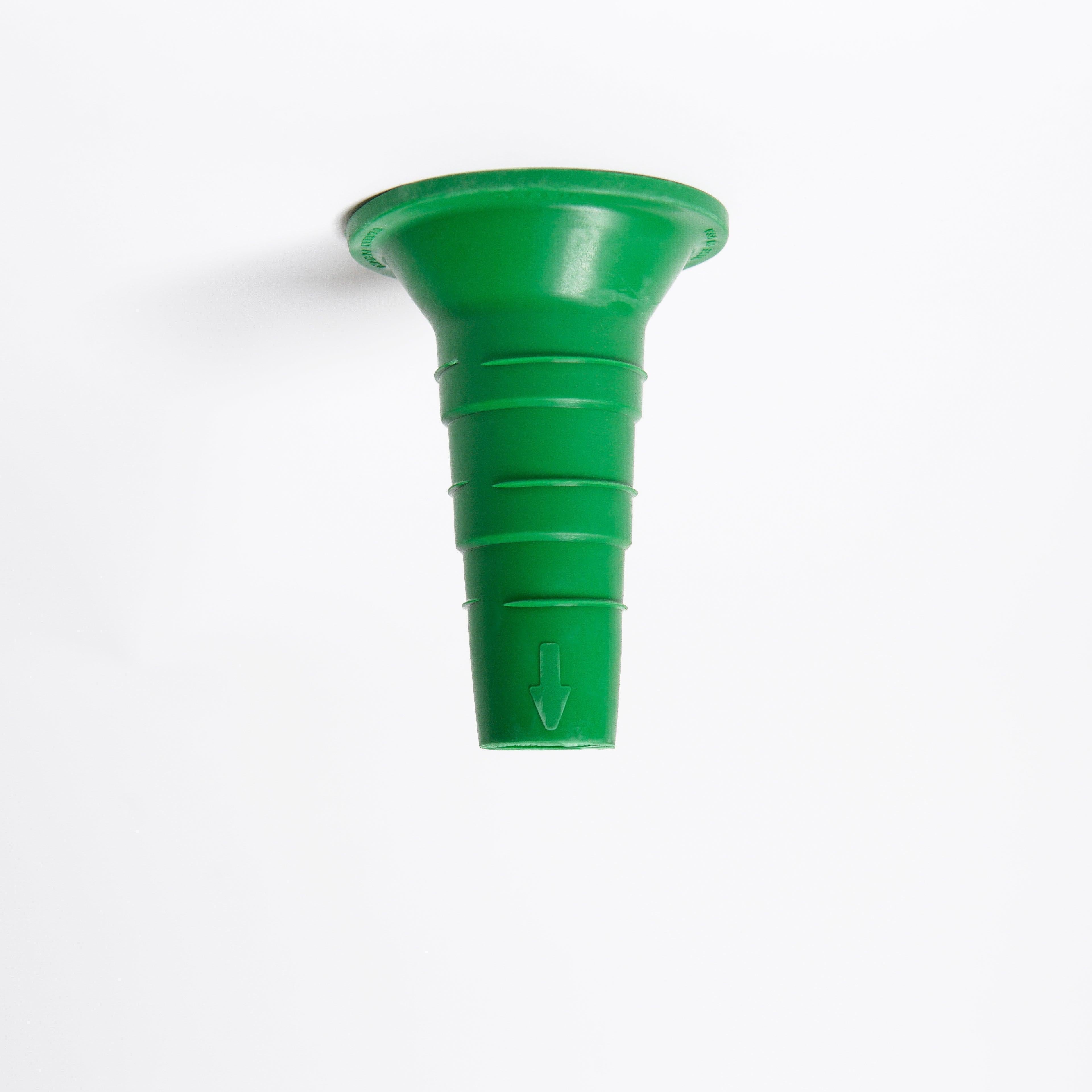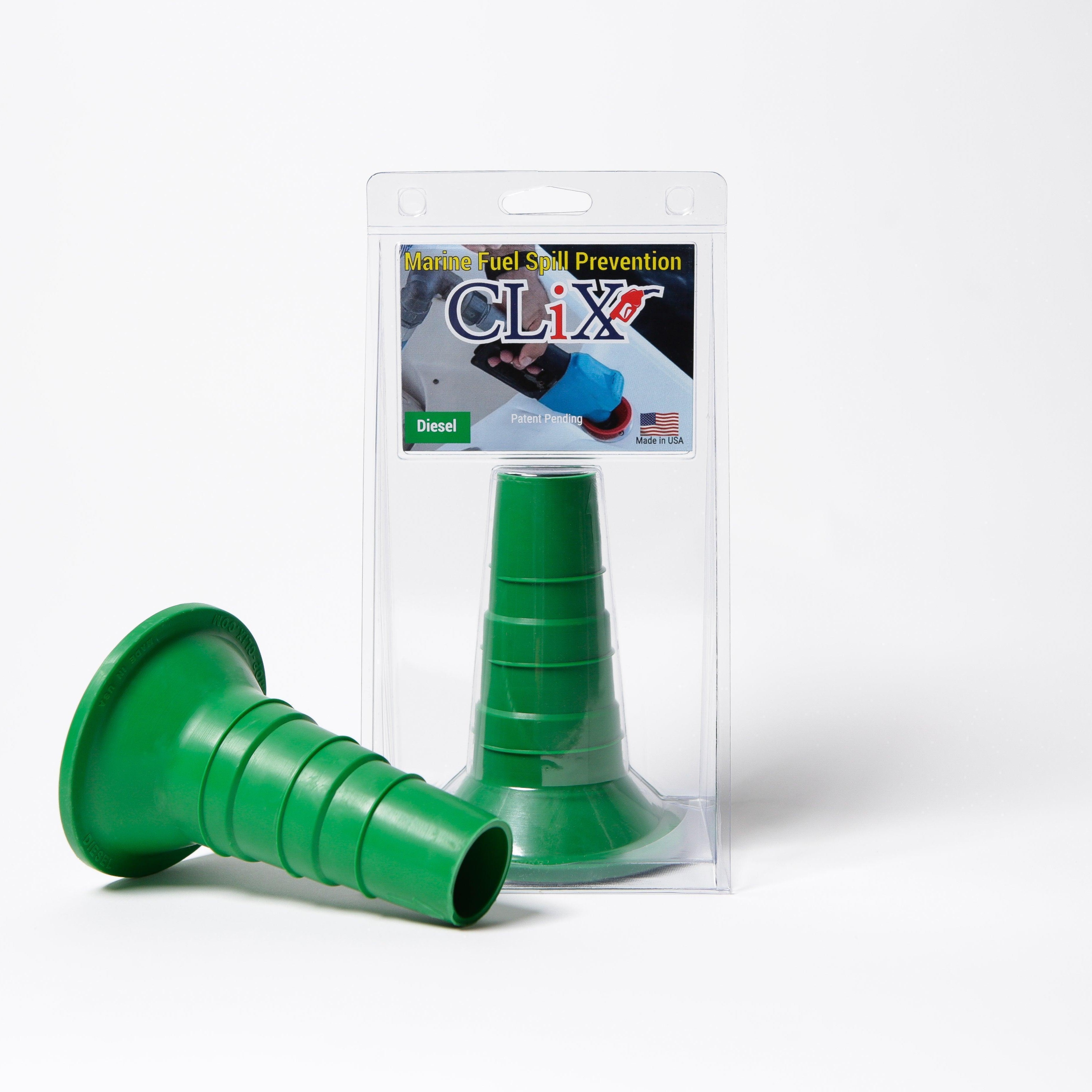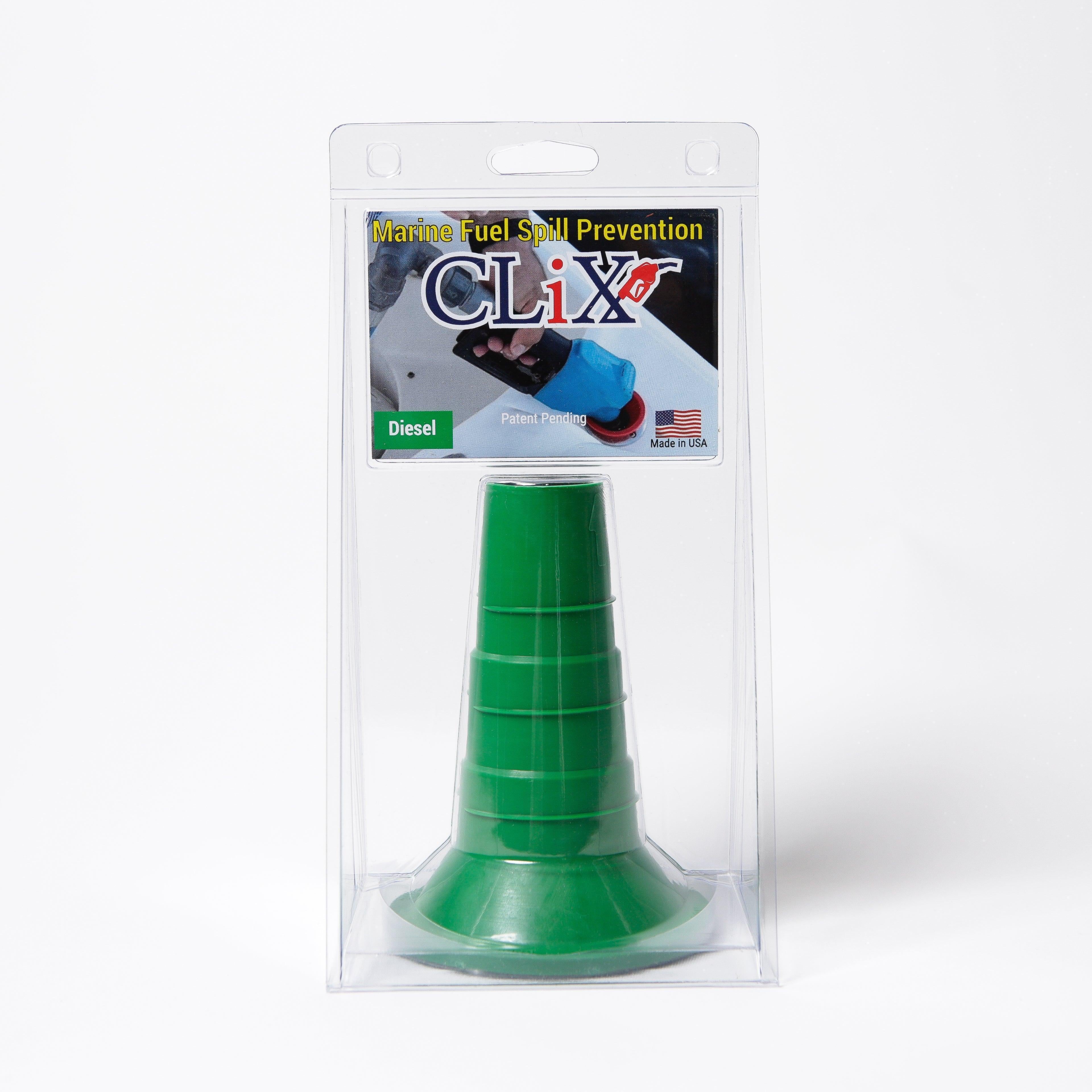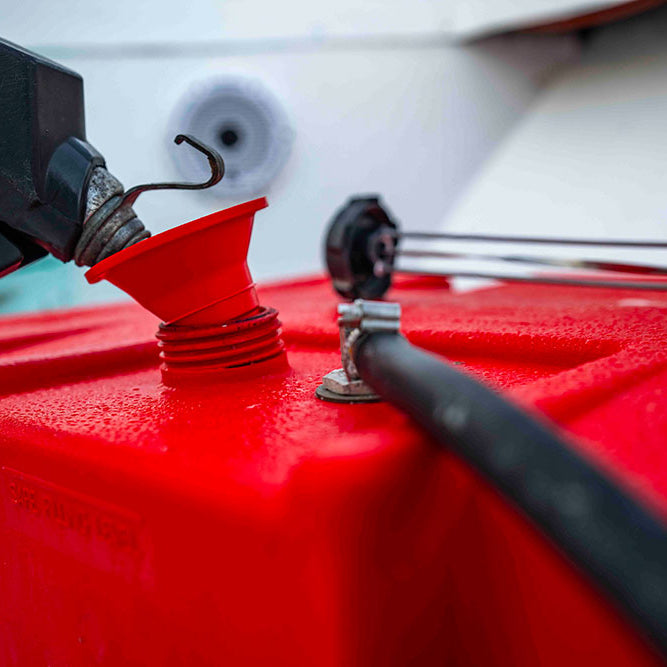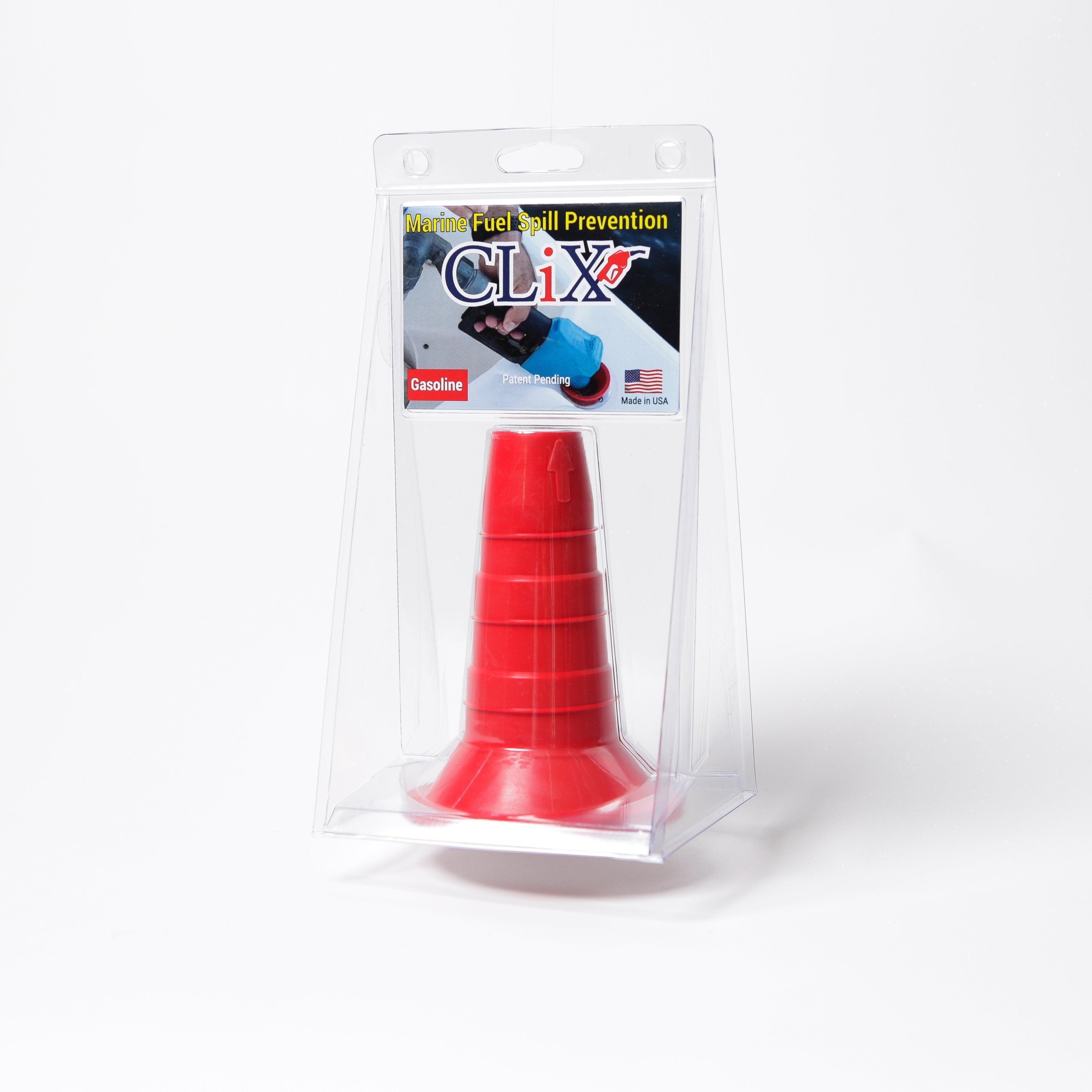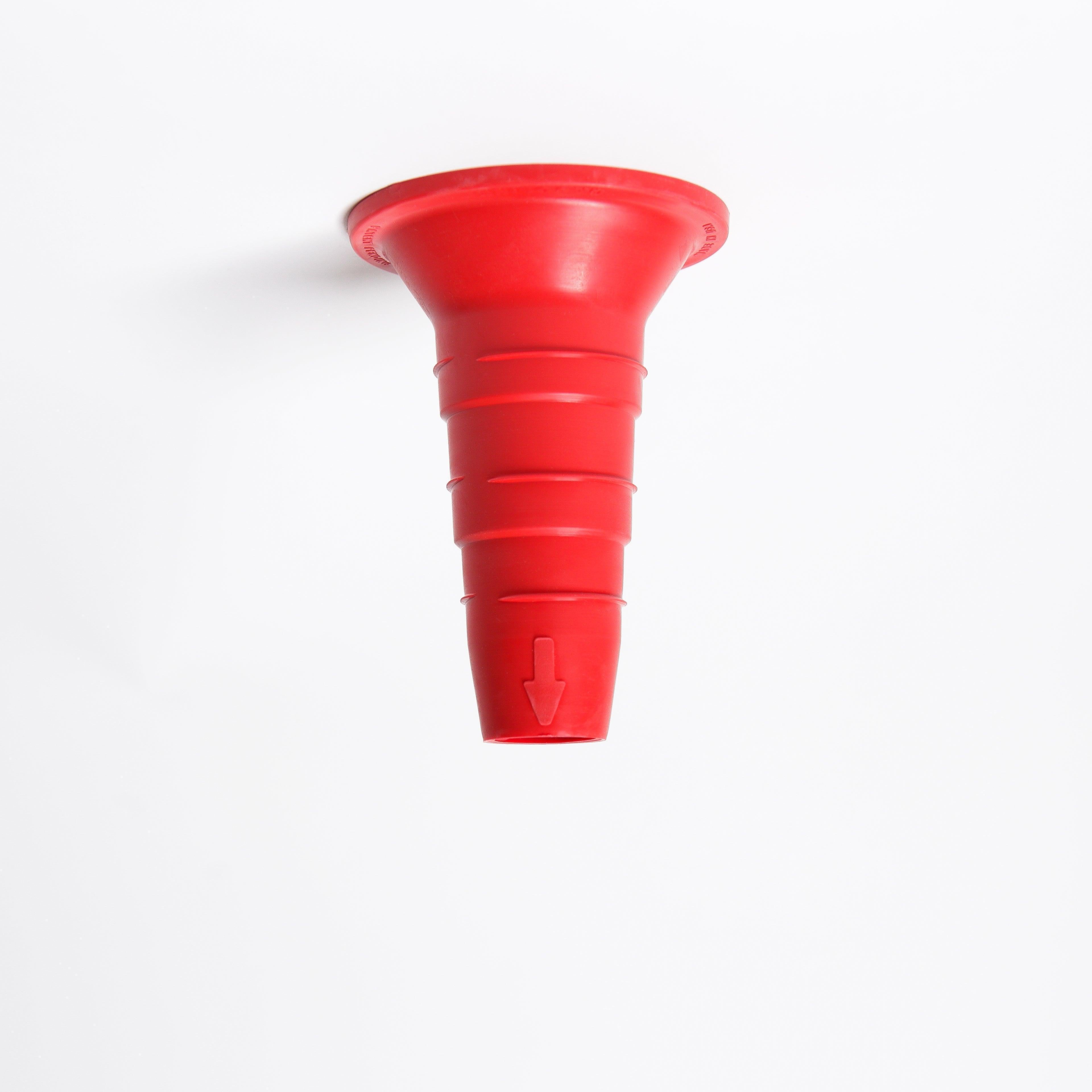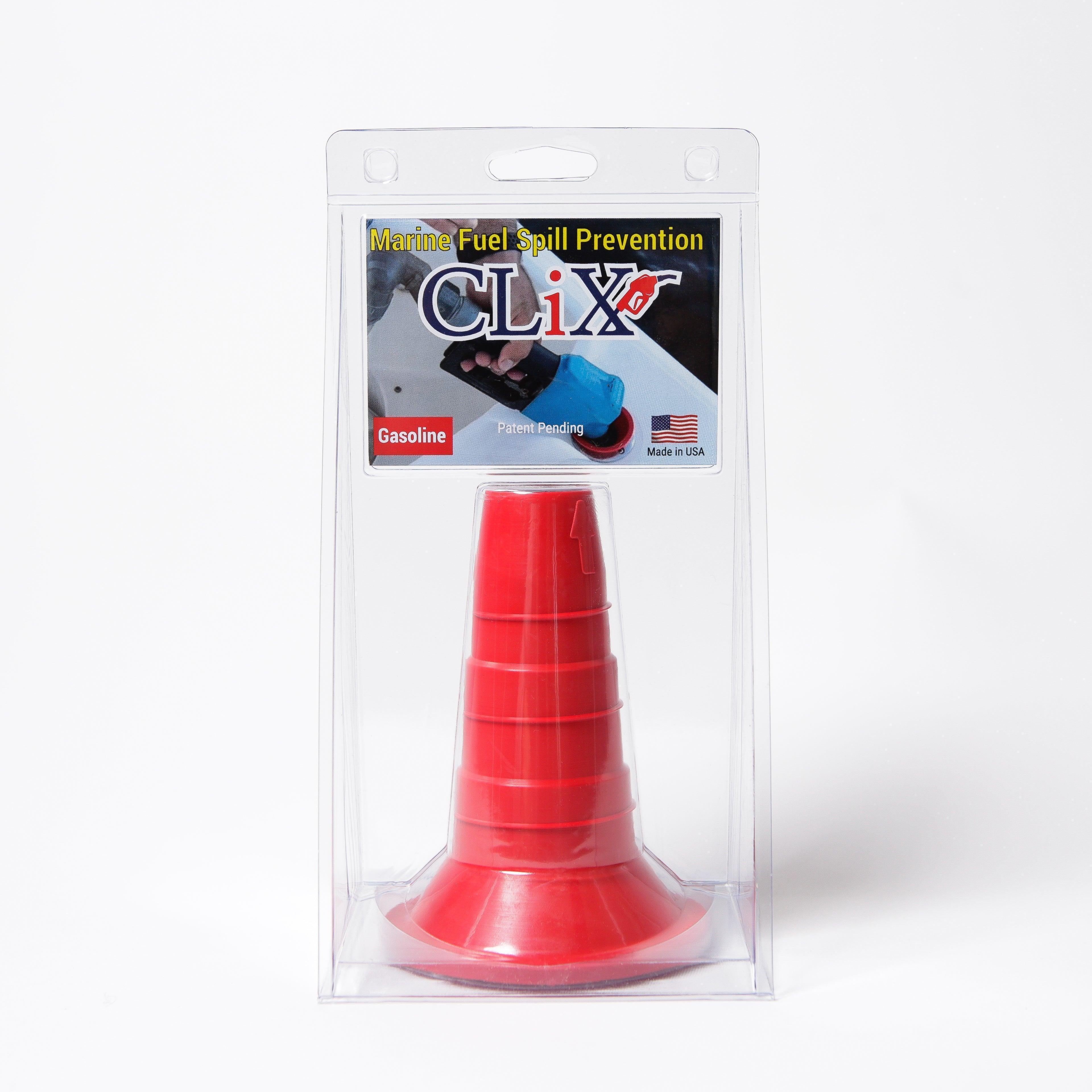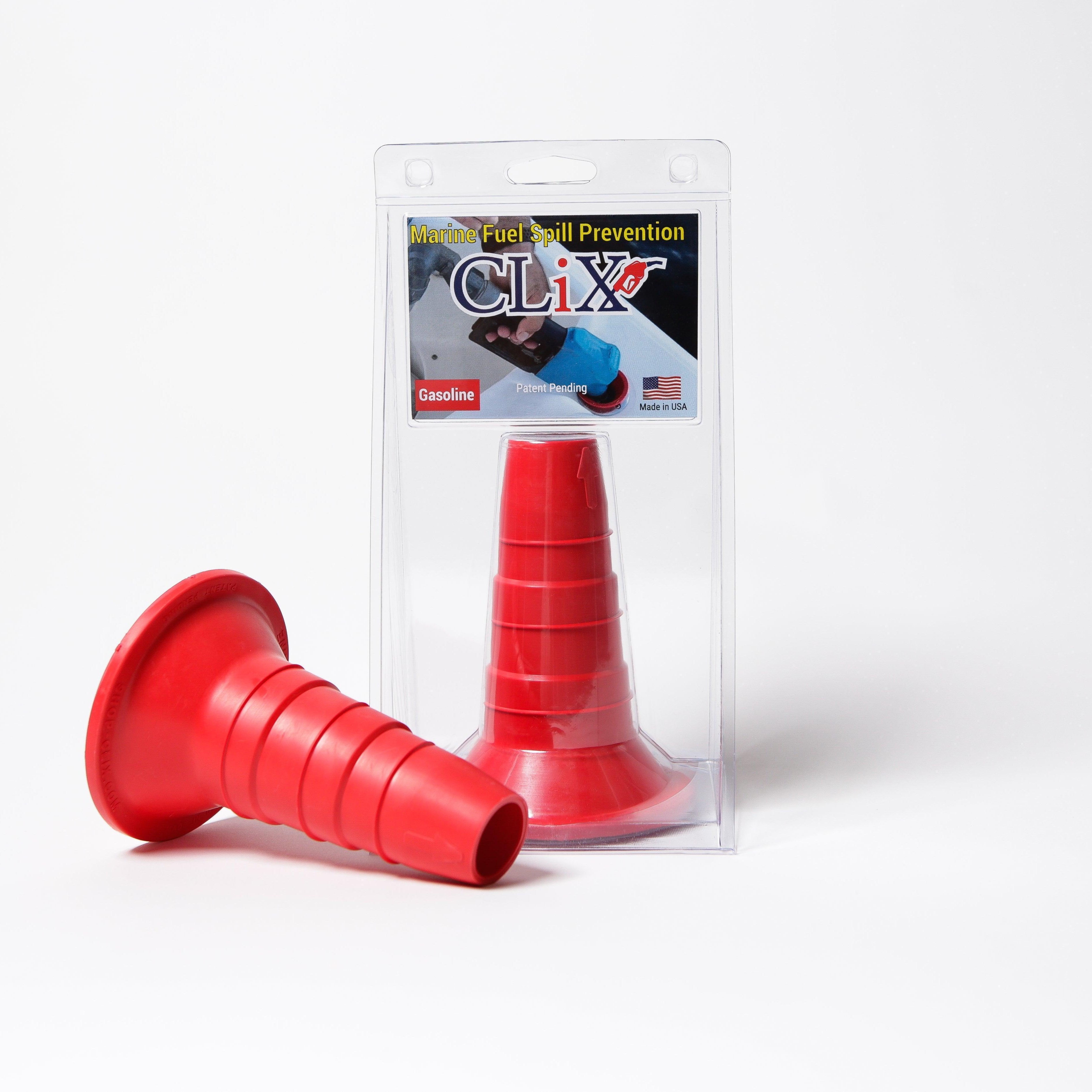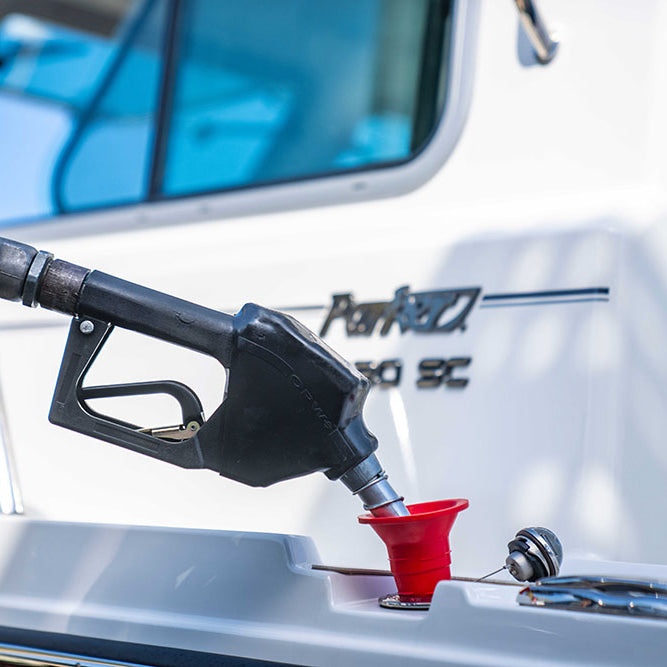At its core, a fuel pump for diesel engines is the heart of the vehicle. It's the critical component that pressurizes diesel fuel and injects it into the engine with surgical precision, making combustion and reliable performance possible. Without a healthy pump, the engine simply won't run.
The Unsung Hero of Your Diesel Engine
Think of your diesel fuel pump as the heart of the entire powertrain. Just like your own heart pumps blood to every part of your body, this pump has a similarly high-stakes job: it draws fuel from the tank, compresses it to incredible pressures, and delivers it to the engine cylinders with perfect timing.
This isn't a gentle process. The pump has to generate thousands of pounds per square inch (PSI) to atomize the thick diesel fuel. This transforms it into an ultra-fine mist that can ignite almost instantly inside the combustion chamber, ensuring your engine runs smoothly and efficiently.
From Mechanical Muscle to Electronic Brains
For decades, diesel engines relied on purely mechanical pumps. These were tough, engine-driven workhorses known for their legendary durability, but they couldn't offer the fine-tuned control needed to meet modern standards for fuel economy and emissions.
Today, you'll find most diesel vehicles are equipped with advanced electric fuel pumps. These are managed by the engine's computer (ECU), which makes constant, microscopic adjustments to fuel delivery based on real-time data like engine speed, load, and even air temperature. This leap in technology is a huge reason why modern diesel engines are so much cleaner and more powerful than their predecessors.
The health of your diesel fuel pump is directly tied to your vehicle's overall performance. A well-functioning pump optimizes fuel economy, reduces harmful emissions, and ensures you have power when you need it most.
A Growing Global Demand
You can see how important these pumps are just by looking at the market numbers. The global market for diesel fuel pumps was valued at an impressive USD 8.5 billion in 2023. Experts project it will climb to nearly USD 11.9 billion by 2032, thanks to ongoing demand from industries and drivers around the world. You can read more about these diesel fuel pump market trends and forecasts.
This vital system isn't just for trucks and cars, either. It’s just as critical in marine engines. For anyone who owns a boat, understanding how these systems work is essential. You can check out our guide on modern boat fuel systems to see how the same principles apply on the water. At the end of the day, appreciating the pump’s role is the first step toward better maintenance and a longer-lasting engine.
How a Diesel Fuel Pump Delivers Power
Think of a fuel pump for diesel engines as the heart of the whole system. Its job is straightforward but incredibly demanding: it pulls low-pressure fuel from the tank, compresses it to an insane level, and then fires it into the engine as a fine, atomized mist right when it's needed. This isn't just a simple transfer; it's a high-stakes, precision-timed sequence of drawing, pressurizing, and delivering fuel.
Let's follow the fuel on its journey. It all begins when the pump sucks diesel from the tank, usually pulling it through a filter to get rid of any gunk or debris. This first step is just about getting the fuel into the pump's main body.
Once it's inside, the real work begins. The pump acts like a miniature hydraulic press, using a set of internal parts to crank up the fuel's pressure to an extreme level.
This visual gives you a great overview of how the fuel moves from the pump to the engine, with the pump driving the entire process.
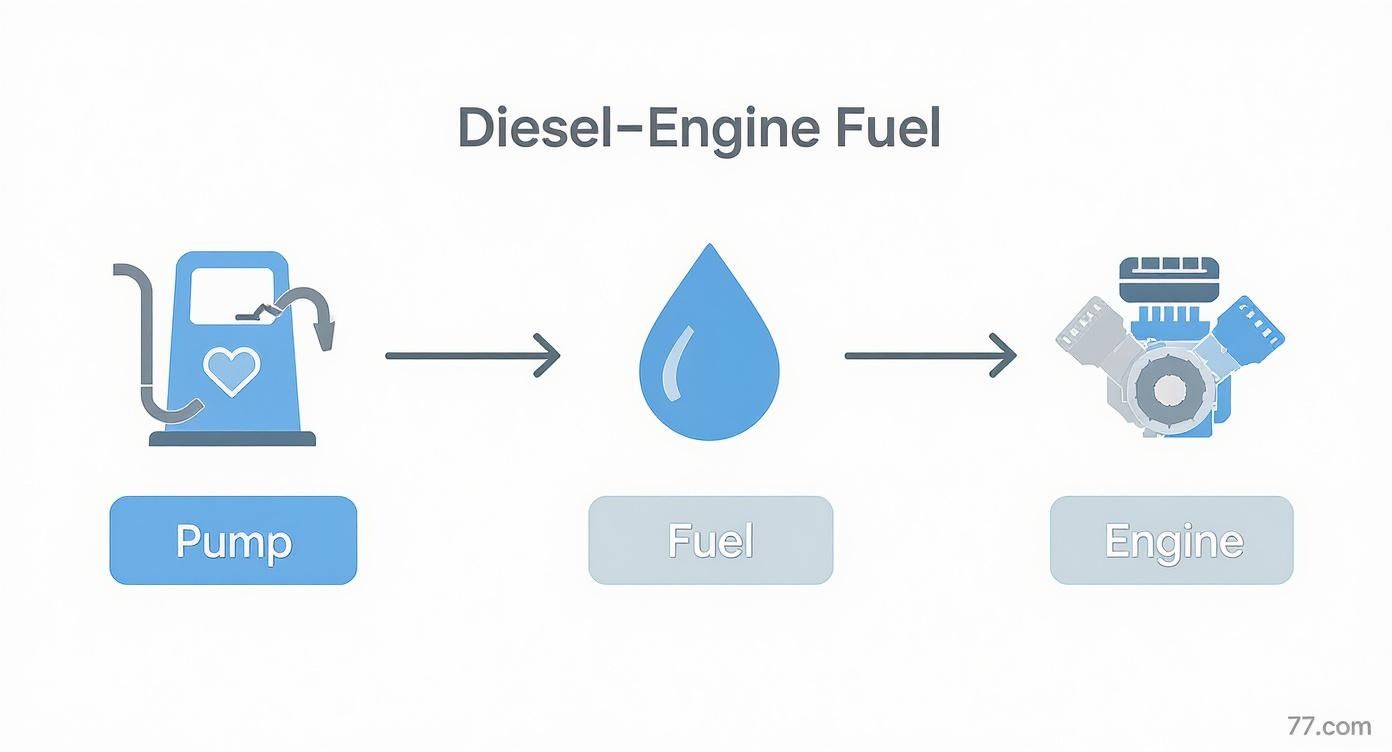
As you can see, it’s a direct line of energy delivery. The mechanical force of the pump is what gives the engine the explosive power it needs to run.
Generating Extreme Pressure
When we say extreme pressure, we mean it. A modern diesel fuel pump can generate pressures hitting over 20,000 pounds per square inch (PSI). To give you some context, that’s more than 10 times the force of a powerful industrial pressure washer. It's truly immense.
Why so much force? Diesel fuel is much denser than gasoline, so it needs to be completely atomized—broken down into a microscopic mist—to ignite properly inside a compression-ignition engine. If the pressure were any lower, the fuel would just squirt into the cylinder as clumsy droplets. That leads to bad combustion, a ton of wasted fuel, and a serious lack of power.
The real heroes here are the plungers. These are tiny pistons inside the pump that move at incredible speeds, squeezing the fuel into a smaller and smaller space. That compression is what sends the pressure skyrocketing just before the fuel gets shot out.
Timing is Everything
Getting the pressure right is only half the job. The other half, which is just as critical, is delivering that high-pressure fuel to the injectors at the perfect microsecond. The engine's computer (the ECU) calls the shots, making sure the timing is perfectly synced with the engine's combustion cycle.
This delivery happens in a flash, ensuring each cylinder gets its shot of fuel at the exact moment the piston is at the peak of its compression stroke. This perfect timing is the secret sauce behind a diesel engine's massive torque and legendary pulling power.
A diesel fuel pump doesn't just move fuel; it's a high-precision timing device. Its ability to deliver the right amount of fuel at the exact right millisecond is what unlocks the engine's power and efficiency.
The pump also has to measure out the perfect amount of fuel for every single injection. Give it too little, and you lose power. Give it too much, and you get that telltale black smoke, potential engine damage, and a lot of wasted diesel.
Core Components and Their Roles
To pull all this off, a few key components have to work together flawlessly. Designs can differ between models, but you'll almost always find these fundamental parts doing the heavy lifting.
- Low-Pressure Pump: Often called a lift pump, its only job is to get things started. It draws fuel from the tank and feeds it to the main high-pressure pump.
- High-Pressure Plungers: These are the muscle of the operation. Driven by a camshaft inside the pump, they do the hard work of creating the intense pressure needed for injection.
- Delivery Valves: Think of these as one-way gates. They let high-pressure fuel shoot out toward the injectors but slam shut instantly to keep it from flowing backward. This maintains pressure in the fuel lines for the next cycle.
This whole sequence—sucking, squeezing, and shooting—repeats thousands of times every minute you're on the road. The incredible precision and durability of the fuel pump for diesel engines are what make them the workhorses we rely on for heavy-duty jobs and unmatched efficiency.
Comparing Mechanical and Electric Fuel Pumps
When it comes to the fuel pump for diesel engines, you’re really looking at two different schools of thought: mechanical and electric. You can think of it as a classic matchup between old-school muscle and modern-day precision. Each one works on a totally different principle, and understanding their pros and cons is key to knowing why today's diesel engines run the way they do.
Mechanical pumps are the seasoned veterans of the diesel world. These are tough, purely mechanical units driven directly by the engine, usually running off the camshaft. They work like a metronome, delivering fuel in perfect rhythm with the engine's rotation. No fancy electronics here—just hardened steel and straightforward engineering.
On the other side, you have electric fuel pumps, the sophisticated brains behind modern diesel performance. These pumps are controlled by the engine’s computer, known as the Engine Control Unit (ECU). Instead of being physically locked to the engine's speed, they respond to a constant stream of digital signals to deliver fuel with incredible accuracy.
The Mechanical Workhorse
Mechanical diesel fuel pumps are known for two things: simplicity and sheer toughness. Since they're built with heavy-duty parts and have no sensitive electronics, they can often handle rough conditions and less-than-perfect fuel quality far better than their electric cousins. For older trucks and heavy machinery, this kind of rugged reliability was a huge plus.
But that simplicity comes with a trade-off. A mechanical pump's fuel delivery is directly tied to the engine's speed. This means it can't make tiny, real-time adjustments for different driving situations like accelerating hard, idling at a stoplight, or cruising down the highway. The result is often lower fuel efficiency and higher emissions because the engine rarely gets the perfect amount of fuel for every moment.
Mechanical pumps are masters of reliability and simplicity. They are the tough, dependable heart of older diesel engines but lack the nuanced control needed to meet modern standards for performance and environmental care.
The Rise of Electric Precision
Electric fuel pumps were a massive leap forward. By taking direct orders from the ECU, they can tweak fuel pressure and timing in milliseconds. This level of precision is exactly what makes modern diesel engines so powerful, quiet, and efficient.
Imagine you're stepping on the gas pedal. The ECU instantly tells the electric pump to ramp up the fuel pressure to meet the demand. When you’re cruising, it can ease off just enough to save fuel. It's a constant optimization that a mechanical pump simply can't do.
This adaptability brings some major benefits:
- Better Fuel Economy: By delivering the exact amount of fuel needed and nothing more, electric pumps help you squeeze every last mile out of a gallon.
- Reduced Emissions: Precise fuel control leads to a cleaner, more complete burn, which drastically cuts down on harmful pollutants like soot and NOx.
- Increased Power and Torque: The ability to generate higher fuel pressures on demand lets the engine produce more power right when you need it.
While mechanical pumps were the standard for decades, the industry has almost completely shifted to electric systems. This is largely because electric pumps can provide the higher fuel delivery pressure and efficiency needed to improve both engine performance and emission control. You can see this evolution in action by exploring the global trends in the fuel pump market.
Mechanical vs Electric Diesel Fuel Pump Comparison
So, how do the two really stack up against each other? The best way to see the differences is a direct, side-by-side comparison.
Here's a table that breaks down the key characteristics of each pump type.
| Feature | Mechanical Fuel Pump | Electric Fuel Pump |
|---|---|---|
| Control System | Engine-driven (camshaft) | Electronically controlled (ECU) |
| Precision | Lower; tied to engine RPM | High; variable and adaptive |
| Efficiency | Generally lower | Significantly higher |
| Emissions | Higher | Lower |
| Complexity | Simple, fewer parts | Complex, integrated electronics |
| Durability | Extremely rugged | Sensitive to poor fuel quality |
| Cost | Less expensive to manufacture | More expensive to manufacture and replace |
While mechanical pumps certainly earned their place in diesel history, the advantages of electric pumps are undeniable for modern vehicles. If you're looking to dive deeper into the different kinds of electric pumps on the market today, our guide to the top electric fluid transfer pump solutions is a great place to start.
Ultimately, the move from mechanical to electric isn't just a trend—it's a reflection of the entire industry's push for smarter, cleaner, and more powerful diesel engines.
5 Warning Signs of a Failing Diesel Fuel Pump
Think of your diesel fuel pump as the heart of your engine's fuel system. When it starts to fail, it rarely just stops cold. Instead, it sends out distress signals—subtle shifts in performance that tell you something’s wrong long before you’re left stranded on the side of the road. Learning to spot these clues is the key to catching a problem early, saving you from a massive headache and even more expensive engine repairs.
When a fuel pump weakens, it can no longer supply the engine with the consistent pressure and volume of fuel it needs to run properly. This "fuel starvation" creates a domino effect, triggering a handful of tell-tale symptoms. It's your engine's way of asking for help.
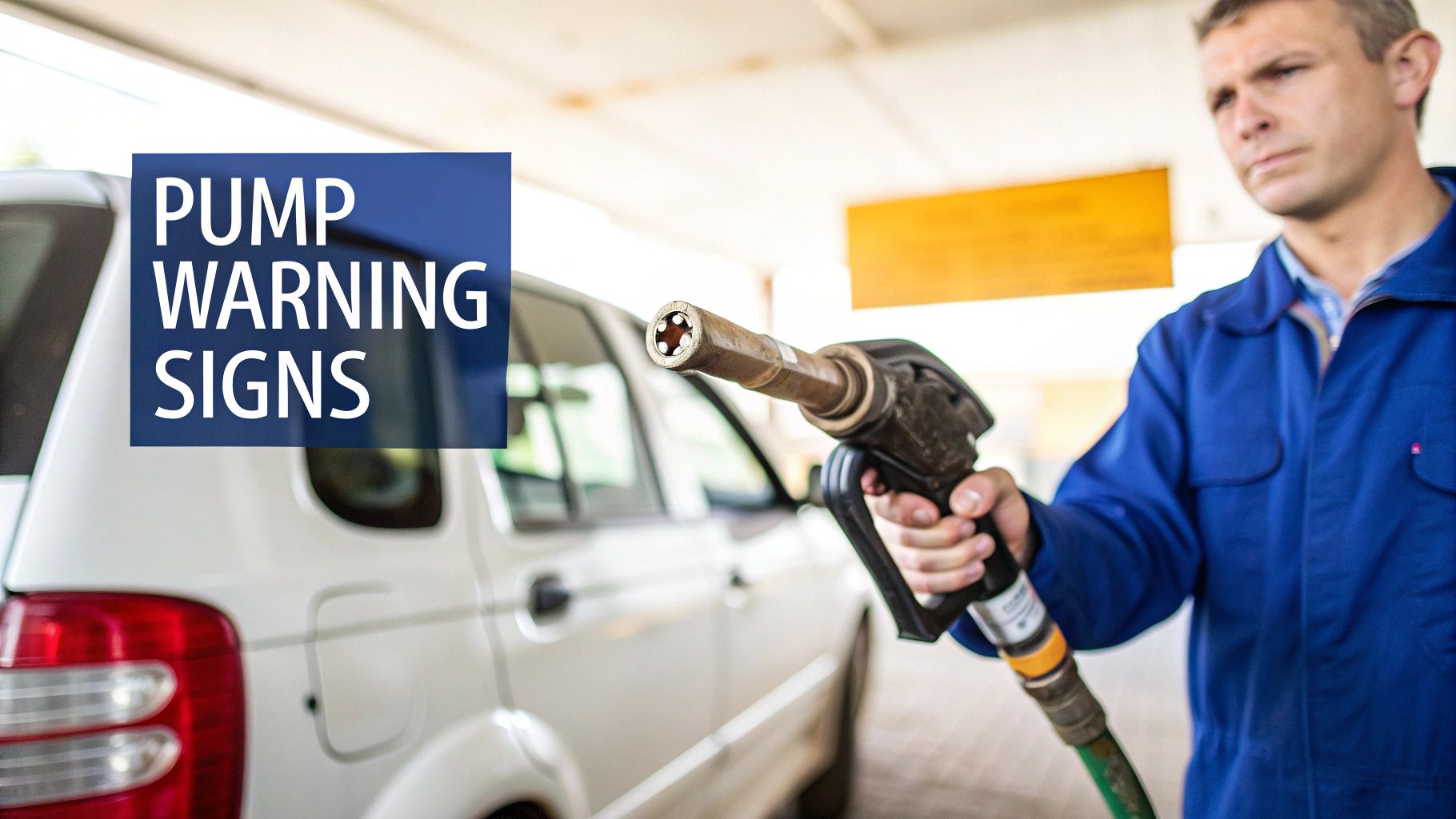
1. The Engine is Hard to Start
One of the first and most common signs is an engine that suddenly puts up a fight when you try to start it. You might find yourself cranking it over and over, far longer than usual, before it finally sputters to life.
This usually happens because the pump is too weak to build up enough initial fuel pressure to kickstart the combustion process. A cold diesel engine relies on a precise, high-pressure blast of fuel to ignite, and a struggling pump just can't deliver that critical first shot.
If your normally reliable diesel suddenly becomes stubborn, don’t just write it off. It’s often the first clear signal that your fuel pump is failing to prime the system correctly.
2. Sputtering, Hesitation, and Power Loss
Another classic symptom is an engine that stutters, hesitates, or jerks, especially when you hit the accelerator or head up a steep hill. This is the pump failing to keep up with the engine's increased demand for fuel under load. The inconsistent supply causes misfires, leaving you with a shaky, unreliable performance.
It can feel like the engine is gasping for air, but it's actually starving for fuel. You’ll likely notice:
- Hesitation: A noticeable delay between pressing the gas pedal and feeling the engine respond.
- Sputtering: An uneven, coughing sound as the engine struggles to maintain a steady rhythm.
- Loss of Power: The vehicle feels sluggish and just doesn't have its usual get-up-and-go, particularly when towing or climbing.
3. A Whining Noise From the Fuel Tank
Your ears can be one of your best diagnostic tools here. A healthy fuel pump operates with a quiet, almost silent hum. A failing one, however, often makes a loud, distinct whining or groaning sound coming from the back of the vehicle, right around the fuel tank.
That noise is the sound of a strained pump motor working overtime to do its job. It might be fighting against a clog, worn-out internal parts, or an electrical fault. If you hear a persistent, high-pitched whine that gets louder as you accelerate, it’s a big red flag that the pump is on its last legs.
4. Your Fuel Economy Suddenly Drops
Are you stopping at the pump more often than you used to? A sudden drop in fuel economy can also point to a failing pump.
When the pump isn't delivering fuel efficiently, the engine's control unit tries to compensate by calling for more fuel than it actually needs. This results in a richer fuel mixture, burning through your diesel faster than normal and hitting you right in the wallet.
5. The Engine Surges Unexpectedly
This one can be a bit unnerving. Engine surging is when your vehicle randomly speeds up and slows down, even though your foot is steady on the accelerator. It feels like the vehicle has a mind of its own.
This happens because the failing pump is delivering fuel in erratic bursts instead of a smooth, steady stream. The inconsistent pressure fools the engine's sensors, leading to those unpredictable lurches in speed.
A Quick Guide to Symptoms and Causes
To help you connect the dots, we've put together a simple table outlining what these common symptoms feel like and what's likely happening behind the scenes.
Diesel Fuel Pump Failure Symptoms and Potential Causes
| Symptom | What It Feels/Sounds Like | Potential Cause |
|---|---|---|
| Hard Starting | Engine cranks for a long time before finally catching. | The pump can't build enough initial pressure to start the engine. |
| Engine Sputtering | Jerking or hesitation, especially when accelerating or under load. | Inconsistent fuel flow can't meet the engine's demands. |
| Whining Noise | A loud, high-pitched hum or groan from the fuel tank area. | The pump motor is strained due to wear, a clog, or an electrical issue. |
| Decreased Fuel Economy | You're filling up the tank more often with no change in driving. | An inefficient pump causes the engine to run rich and burn excess fuel. |
| Engine Surging | The vehicle speeds up and slows down on its own, unpredictably. | The pump is sending erratic bursts of fuel instead of a steady stream. |
Ignoring these warning signs is a gamble. A failing fuel pump will only get worse, and its eventual failure can leave you stranded at the worst possible time. By catching these issues early, you can act proactively and keep your diesel engine the reliable workhorse it was built to be.
Maintenance Tips to Extend Pump Life
Want your fuel pump for diesel engines to last? The secret isn't some complex mechanical wizardry—it's just good old-fashioned proactive maintenance. Think of it like changing the oil in your engine. A few simple, consistent habits can be the difference between a pump that lasts for years and one that leaves you stranded with a hefty repair bill.
Ultimately, it all boils down to two things: keeping the fuel clean and keeping the pump cool. Contaminants and heat are the arch-enemies of these high-precision parts. If you can protect your pump from those two threats, you've already won half the battle.

Prioritize Clean Fuel and Filters
If you do only one thing for your fuel system, make it this: change your fuel filters on schedule. No exceptions. The fuel filter is the pump's personal bodyguard, catching all the dirt, rust, water, and other gunk that inevitably finds its way into a fuel tank.
Without that filter, even microscopic debris can scratch and score the incredibly tight-tolerance components inside the pump. This creates tiny internal leaks that slowly bleed off pressure, and once that damage is done, there's no going back. Eventually, the pump just gives up.
Here’s a practical checklist to keep your fuel pristine:
- Replace Fuel Filters Religiously: Check your service manual for the recommended interval and stick to it. If you're often in dusty or harsh environments, you'll want to change them even more frequently.
- Use High-Quality Diesel: Don't just go for the cheapest option. Top-tier diesel has better detergents and additives that keep the entire fuel system, from the pump to the injectors, much cleaner.
- Install a Water Separator: Water is poison to a diesel fuel system. It causes corrosion and lets microbes grow, which can clog your filters in a hurry. To see how these critical components work, check out our guide on the importance of a fuel water separator filter.
Avoid Running Your Tank on Empty
We’ve all been there, pushing it just a few more miles with the fuel light blazing. While it seems harmless, making a habit of running on empty can slowly kill your fuel pump. Why? Because the diesel in the tank does more than just power the engine—it also cools and lubricates the pump's internal moving parts.
When the fuel level gets critically low, the pump is forced to work harder and is more likely to suck in air instead of fuel. This starves it of its essential lubrication and coolant, creating a spike in heat and friction that dramatically accelerates wear.
Think of the fuel in your tank as a coolant bath for the pump. Running the tank low is like draining that bath, leaving the pump exposed to damaging heat and friction.
Get into the habit of refueling when you hit a quarter of a tank. It’s a simple, free way to keep the pump submerged, cool, and happy. That one small change can easily add thousands of miles to its lifespan.
Your Essential Maintenance Checklist
You don't need to be a master mechanic to keep your fuel pump for diesel in top shape. Just work these simple habits into your routine, and you'll be set for reliable performance for years to come.
- Stick to a Filter Schedule: This is non-negotiable. Put a reminder in your calendar or track your mileage.
- Choose Quality Fuel: Whenever you can, fill up at busy, reputable stations known for fresh, clean diesel.
- Keep the Tank Above Quarter-Full: Resist the urge to run on fumes. A pump in a full tank is a much cooler, healthier pump.
- Listen for Changes: Get to know what your vehicle sounds like. A new, high-pitched whine coming from the tank area is often the first cry for help from a struggling pump.
- Address Warning Signs Promptly: Hard starts, engine sputtering, or a sudden loss of power are all red flags. Don't ignore them. Catching a problem early can prevent a small issue from turning into a catastrophic failure.
How to Choose the Right Replacement Pump
When your diesel fuel pump starts giving you trouble, picking the right replacement is more than just a quick fix—it's a crucial decision for your engine's future health and performance. Get it wrong, and you could be looking at terrible fuel economy, a noticeable drop in power, or even another pump failure down the road. Let's walk through what really matters so you can choose a new pump with confidence.
The first big choice you'll face is whether to go with an OEM (Original Equipment Manufacturer) part or an aftermarket one. OEM pumps are the real deal—identical to what was in your vehicle when it first left the factory. They promise a perfect fit and are built to the manufacturer's strict standards, but that peace of mind usually comes at a premium price.
Aftermarket pumps are made by different companies. While some are just cheap knock-offs, many are built by well-respected brands that meet or even beat OEM quality. These can be a fantastic way to get reliable performance without breaking the bank.
OEM vs. Aftermarket: The Core Decision
As you weigh your options, it helps to know who the big players are. The diesel pump world is dominated by powerhouse companies like Bosch, Denso, and Delphi. These guys make parts for both the original manufacturers and the aftermarket, constantly pushing the envelope with both mechanical and electric pump technology. You can get a better feel for how these brands influence the industry by checking out the diesel pump market segmentation.
Often, the best aftermarket brands back their products with solid warranties, which is a great sign of quality.
The most important factor in choosing a replacement fuel pump for diesel engines is not just the brand, but ensuring it is an exact match for your vehicle's specific requirements.
Whether you lean toward OEM or a trusted aftermarket brand, one thing is certain: absolute compatibility is non-negotiable. A pump that's "close enough" isn't good enough. The wrong one can send too much or too little fuel, starving your engine of what it needs or, even worse, causing some serious damage.
Verifying Perfect Fit and Function
The single best way to make sure you're getting the right part is to use your Vehicle Identification Number (VIN) when you order. Your VIN is like your vehicle's DNA—it holds all the key details about the engine, model year, and factory-installed parts, taking all the guesswork out of the equation.
Here’s a checklist of the specs you need to nail down:
- Flow Rate: This is how much fuel the pump moves, measured in gallons per hour (GPH). It has to be a perfect match for what your engine needs to run properly.
- Pressure Rating: Measured in PSI, this number has to line up with your fuel system's design to ensure the injectors can atomize the fuel correctly.
- Material Quality: A good pump is built to last. Look for corrosion-resistant materials that can stand up to the test of time and varying fuel blends.
- Warranty: A strong warranty, usually one year or more, shows that the manufacturer stands behind its product. It’s a great indicator of quality.
By focusing on perfect compatibility with your VIN and paying close attention to brand reputation and warranty, you can choose a replacement fuel pump for diesel that will get your vehicle back on the road and running strong for years to come.
Frequently Asked Questions
Alright, you've got the basics down on how a fuel pump for diesel works, but you probably still have a few real-world questions bouncing around in your head. Let's tackle the common ones about costs, how long they last, and whether you should fix or just replace a pump that's acting up.
How Much Does It Cost to Replace a Fuel Pump for a Diesel Engine?
The honest answer? It depends. Replacing a diesel fuel pump isn't a one-size-fits-all job. The final bill can swing wildly based on your vehicle's make and model, the kind of pump it uses, and whether you go for a factory (OEM) part or a less expensive aftermarket one.
You can expect the part itself to set you back anywhere from $200 to over $1,500. On top of that, you'll have labor costs, which can add several hundred dollars since getting to the fuel pump is often a big job. Your best bet is to call a few trusted mechanics and get quotes specific to your vehicle.
What Is the Average Lifespan of a Diesel Fuel Pump?
A well-cared-for diesel fuel pump should easily see you past 100,000 miles, with many lasting much, much longer. But its lifespan really comes down to a few key things:
- Fuel Quality: Clean, high-quality diesel is your pump's best friend. It keeps everything running smoothly and prevents unnecessary wear.
- Maintenance: This is a big one. Changing your fuel filters on schedule is the single best thing you can do to protect the pump from dirt and debris.
- Driving Habits: Try not to run your tank down to empty all the time. The diesel fuel actually helps cool and lubricate the pump, so keeping the tank reasonably full helps it live a long and happy life.
Should I Repair or Replace a Faulty Diesel Fuel Pump?
For most modern diesel engines, replacement is pretty much the only game in town. The electric fuel pumps they use are sealed, complex units that just weren't designed to be repaired. If you try to fix one, you're usually just asking for more trouble down the road.
You might find a specialist who can rebuild an older mechanical pump, but the labor cost and the gamble on whether the repair will hold often make it a poor choice. In the long run, a brand-new or professionally remanufactured pump is the smarter, more reliable investment.
At the end of the day, putting a quality replacement in your vehicle means your fuel system will work like it's supposed to, giving you one less thing to worry about.
For boat owners looking for a simple, no-mess way to refuel, CLiX Fueling Solutions is the answer. Our system stops overfills and protects your boat and the water. Make every refueling a clean and safe one by visiting https://clixfueling.com.

